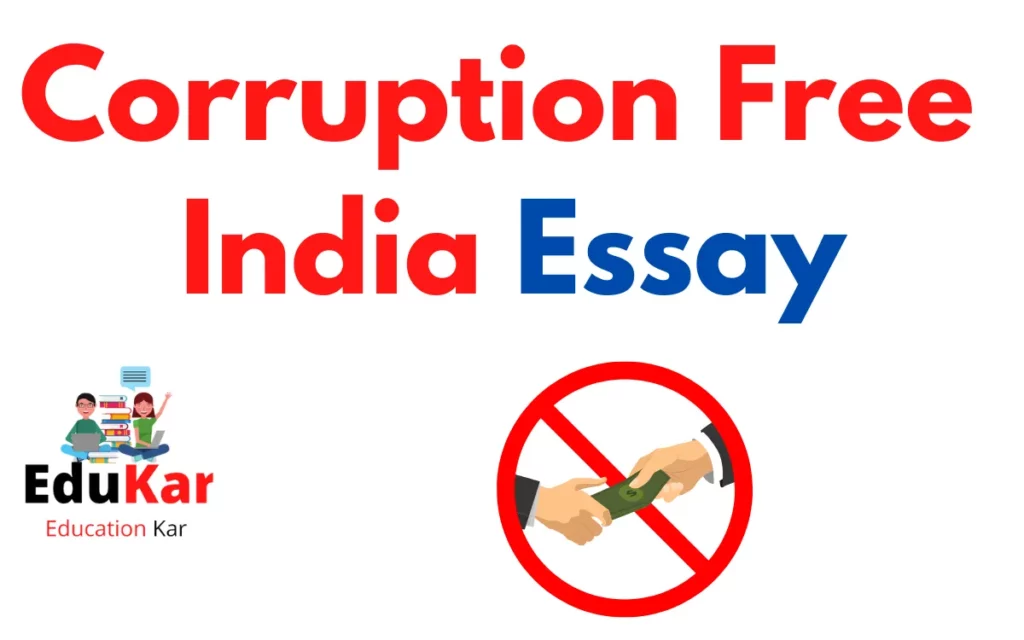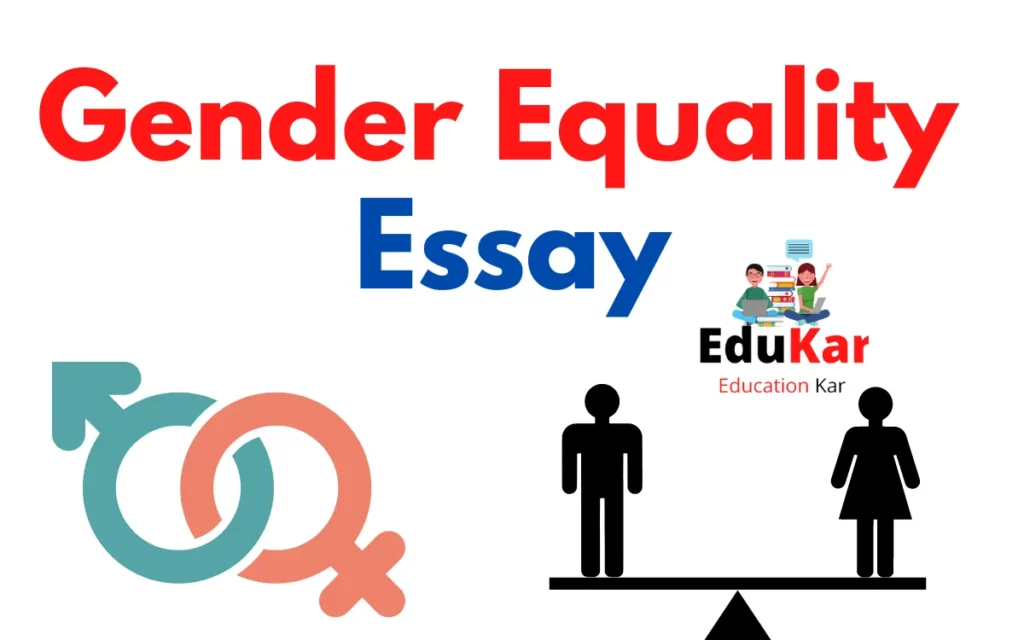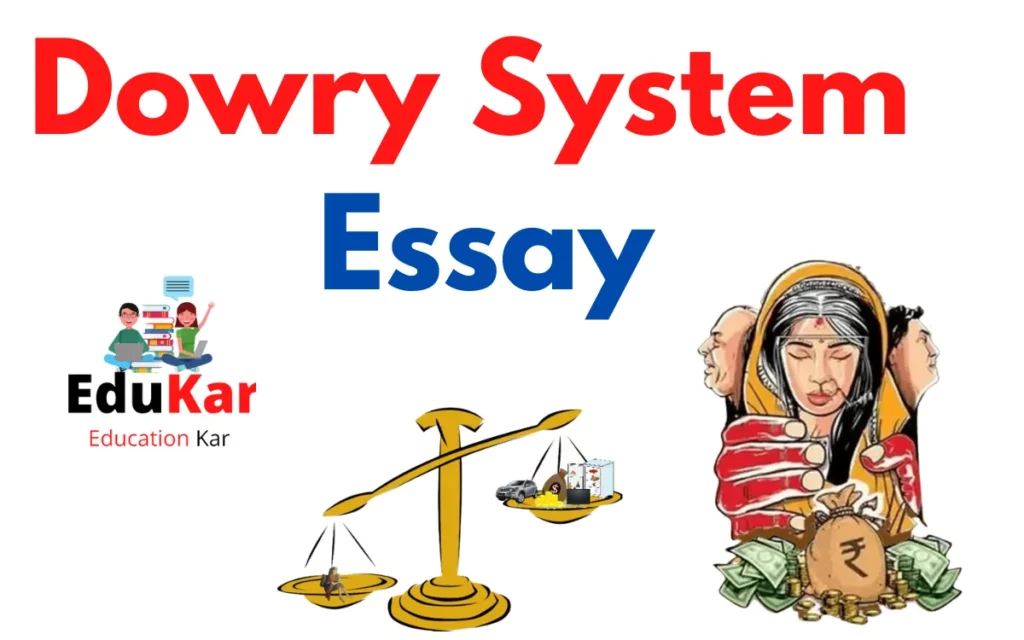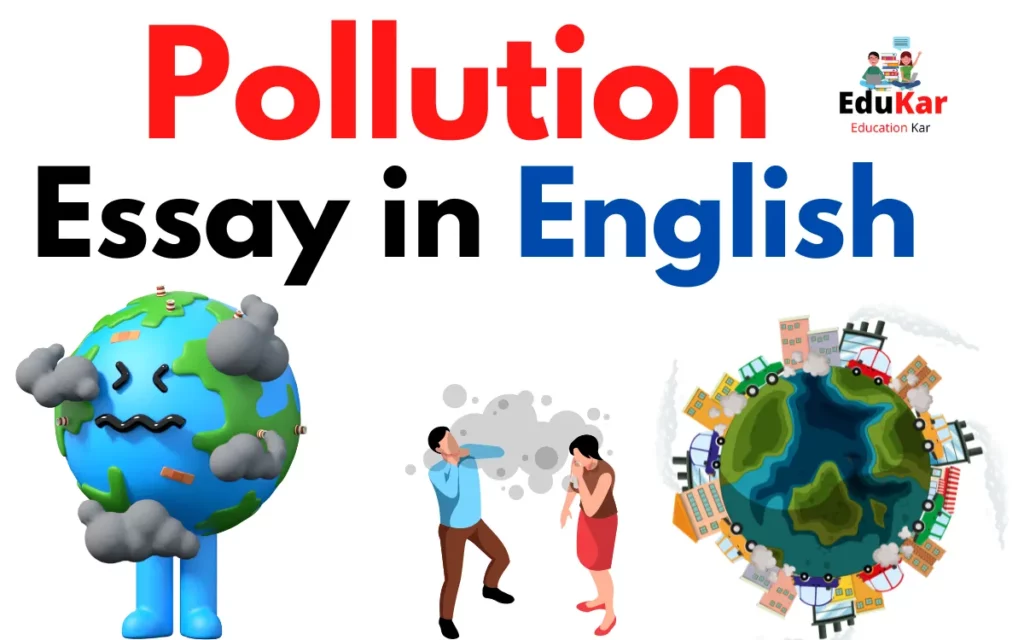Contents

Introduction
This essay describes in details about what is corruption, the causes of corruption, its impact on society, and possible solutions to combat it. We will explore the different forms of corruption and how they can manifest at various levels of government and in the private sector. We will also examine the consequences of corruption, including its effects on human rights, economic development, and trust in institutions. Additionally, we will look at the efforts that have been made to address corruption, and discuss the effectiveness of these measures. The goal of this essay is to provide a comprehensive understanding of the issue of corruption and the importance of taking action to combat it.
Essay on Corruption in English
Corruption is a serious problem that affects societies around the world. It is the abuse of power for personal gain, and it can take many forms, including bribery, embezzlement, and nepotism. Corruption undermines the rule of law, erodes the trust of citizens in government, and can lead to economic and social instability. The effects of corruption can be far-reaching and can have serious consequences for both individuals and societies.
One of the most common forms of corruption is bribery, which is the exchange of money or other benefits for a favor or advantage. This can occur at all levels of government, from local officials to high-ranking politicians. Bribery can lead to the awarding of contracts to unqualified companies, the misallocation of public funds, and the failure to enforce laws and regulations. It can also lead to the abuse of power and the erosion of democracy as officials may become more interested in serving the interests of those who bribe them than in serving the public.
Another form of corruption is embezzlement, which is the misappropriation of funds or assets for personal gain. This can occur in both the public and private sectors, and it can lead to the mismanagement of resources and the erosion of trust in institutions. Embezzlement can also have serious economic consequences, as it can lead to financial losses for companies and governments, and can also lead to a lack of investment and economic growth.
Nepotism is another form of corruption, which is the practice of favoring family members or friends for jobs or contracts. This can lead to the hiring of unqualified individuals, the mismanagement of resources, and the erosion of trust in institutions. Nepotism can also perpetuate social and economic inequality, as it can lead to opportunities being given to those who have connections, rather than those who are most qualified.
Corruption can also have serious consequences for human rights and the rule of law. When corruption is prevalent, individuals and groups may not have equal access to justice or basic services, and the government may not be held accountable for its actions. This can lead to the violation of human rights, such as the right to a fair trial, the right to access to healthcare and education, and the right to political participation.
Corruption can also have serious economic consequences, as it can discourage foreign investment and economic growth, undermine the efficiency of public services and lead to a lack of development in less developed countries. It can also discourage entrepreneurs and small businesses from investing, as they may not be able to compete with larger companies that have access to corrupt officials.
To combat corruption, a number of measures can be taken. These include the implementation of strict laws and regulations to prevent corruption, the establishment of independent anti-corruption agencies, the promotion of transparency and accountability, and the strengthening of the rule of law. It is also important to raise awareness about the issue of corruption and the harm it causes, and to encourage citizens to speak out against corruption and to demand that their leaders take action.
Conclusion
In conclusion, corruption is a serious problem that affects societies around the world. It undermines the rule of law, erodes the trust of citizens in government, and can lead to economic and social instability. It is essential that we take action to combat corruption and work to create a more just and equal society for all.
FAQs -Essay on Corruption
What are the 3 stages of corruption?
There are different ways to categorize the stages of corruption but one way to understand it is by looking at it in three stages:
1. The Emergence Stage: This is the initial stage where corruption begins to take root. It can occur when there are gaps in regulations, weak oversight and enforcement, or a lack of transparency. At this stage, individuals and organizations may begin to exploit these weaknesses for personal gain.
2. The Consolidation Stage: In this stage, corruption becomes more entrenched and systematic. It can become a culture within an organization or society, with individuals and groups becoming increasingly dependent on corrupt practices for their livelihoods. It can also become normalized, with people becoming resigned to its existence and even accepting it as a way of life.
3. The Entrenchment Stage: In this final stage, corruption becomes deeply embedded and difficult to root out. It can become a major barrier to development and can undermine the rule of law, economic stability, and social cohesion. At this stage, corruption can be extremely difficult to eradicate and may require significant political will and resources to address.
What are the main sources of corruption?
There are various sources of corruption, which can include:
1. Political systems: Corruption can occur when political systems are weak or lack transparency and accountability. This can include a lack of democratic checks and balances, a weak rule of law, or a lack of oversight and enforcement of laws.
2. Economic systems: Corruption can also occur when economic systems are weak or lack transparency. This can include a lack of competition, a lack of regulation, or a lack of oversight of financial transactions.
3. Cultural and societal factors: Corruption can also be rooted in cultural and societal factors, such as a lack of education or a culture of impunity. It can also be influenced by societal attitudes towards corruption, such as acceptance or tolerance of corrupt behaviors.
4. Human Nature: Some experts argue that human nature also plays a role in corruption, as people may be more likely to engage in corrupt behaviors if they perceive they can benefit from it, and if they think they can get away with it.
5. Socio-economic factors: Socio-economic factors such as poverty and inequality can also be sources of corruption, as individuals and groups may resort to corrupt practices in order to survive or improve their economic situation.
How many types of corruption are there?
There are various types of corruption, and different categorization can be used, but one way to understand it is by looking at the different forms it can take. Some of the main types of corruption are:
1. Political corruption: This occurs when politicians or government officials abuse their power for personal gain or to benefit a particular group. Examples include bribery, embezzlement, and nepotism.
2. Economic corruption: This occurs when individuals or organizations use their economic power to influence government decisions or to gain an unfair advantage in the marketplace. Examples include insider trading, price-fixing, and fraud.
3. Administrative corruption: This occurs when government officials abuse their power in the administration of public services. Examples include extortion, abuse of discretion, and favoritism.
4. Grand corruption: This type of corruption refers to high-level corruption that occurs at the highest levels of government, including the presidency, and it is characterized by the theft of public resources and the misuse of public office for personal gain.
5. Petty corruption: This type of corruption refers to low-level corruption that occurs in the day-to-day interactions between citizens and public officials, including the police, bureaucrats, and others. It is often characterized by small bribes and informal payments.
6. Corporate corruption: This type of corruption refers to the illegal or unethical behavior by companies, usually involving bribery, embezzlement, or fraud, that enables the company to gain an unfair advantage in the marketplace.
How we can stop corruption?
There are several measures that can be taken to stop corruption. Some of these include:
1: Strengthening legal and regulatory frameworks: This can include implementing strict laws and regulations to prevent corruption, and establishing independent anti-corruption agencies to enforce these laws.
2: Increasing transparency and accountability: This can include measures such as increasing transparency in government decision-making, requiring public officials to disclose their assets, and providing citizens with access to information.
3: Enhancing oversight and enforcement: This can include measures such as increasing the capacity of oversight bodies, establishing whistle-blower protection laws, and implementing effective sanctions for corrupt behavior.
4. Promoting integrity and ethical behavior: This can include measures such as providing ethics training for public officials and promoting integrity in the private sector.
5. Supporting civil society: Supporting civil society organizations can be an important way to prevent corruption, as they can act as watchdogs, and raise awareness and advocate for anti-corruption measures.
6. Encouraging international cooperation: This can include measures such as sharing information and best practices, and working together to investigate and prosecute cross-border corruption.
7. Combating poverty and inequality: Addressing poverty and inequality can also be an important way to stop corruption, as individuals and groups may be less likely to engage in corrupt behaviors if they have access to basic needs and opportunities.













![Water is Life Essay in English [Class 4th, 5th, 6th,7th, 8th, 9th, 10th] Water is Life Essay](https://edukar.in/wp-content/uploads/2023/02/Water-is-Life-Essay-1024x640.webp)
![Essay on Cricket for Students [ 250, 500 & 100 words] Essay on Cricket](https://edukar.in/wp-content/uploads/2023/01/Essay-on-Cricket-for-Students-1024x640.webp)

